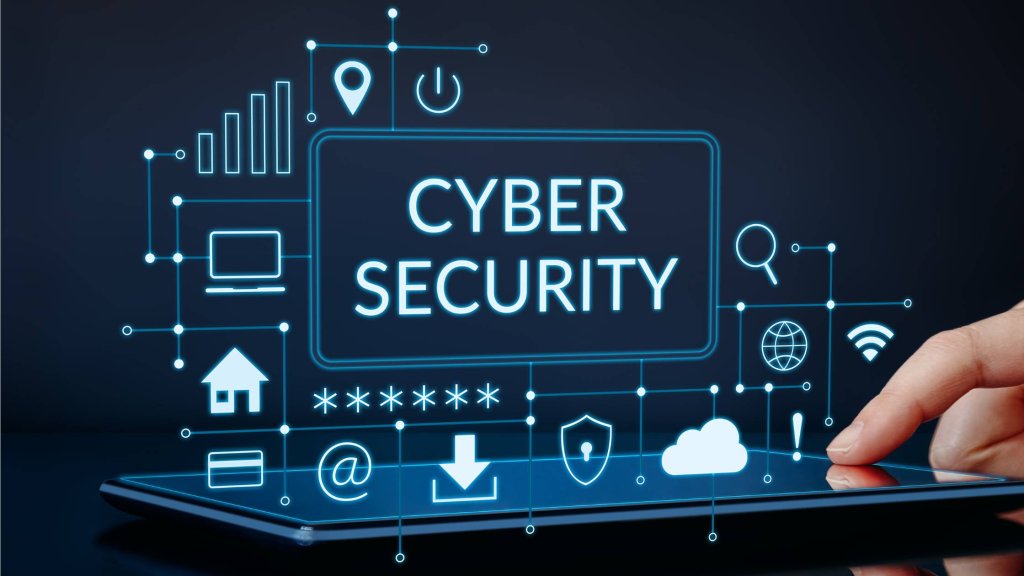VIEW BY TOPIC
- Finding Customers
- Business Systems
- Managing Employees
- Leadership
- Managing Money
Related Posts

Ready to Grow Your Business Fast?
Here’s How I Grew Five Businesses, and Eventually Sold One to a Fortune 500 Company.

eCommerce Security Threats: An Examination for Businesses
The world of commerce has experienced a significant shift in recent years, with eCommerce emerging as a dominant force in the market. The convenience, accessibility, and wide range of products and services available online have attracted a growing number of consumers to digital platforms. In fact, according to projections, the eCommerce market is expected to grow from $6.3 trillion in 2023 to over $8.1 trillion by 2026. This exponential rise clearly demonstrates the immense potential and profitability that eCommerce offers to businesses. However, with this growth comes an increasing need for robust eCommerce security. From malware attacks and data breaches to payment fraud and identity theft, the risks associated with eCommerce security threats are far-reaching and can have devastating consequences for both businesses and their customers.
In this post, we’ll explore the various security threats eCommerce businesses are facing and why addressing them is essential for long-term success.
Overview of eCommerce Security Threats

In the eCommerce world, security threats are ever-present and can impact businesses and customers alike. Malware and phishing attacks target vulnerabilities in systems, seeking to gain unauthorized access or steal sensitive information. Data breaches compromise the vast amounts of customer data stored by businesses, leading to severe consequences such as legal penalties and reputational damage. Payment fraud, including stolen credit cards and identity theft, poses financial risks and strains relationships with payment service providers.
In addition, it’s a common misconception that when using an eCommerce platform like Shopify, you have immunity from security threats. That’s far from the truth. Even popular platforms require vigilance to ensure a secure environment. For example, in order to mitigate risks and protect their customers’ data, businesses need to resolve Shopify errors efficiently. By promptly addressing any issues or vulnerabilities using professional error detection software, businesses can make data-driven decisions and ensure the safety and success of their online store.
Safeguarding your eCommerce business goes beyond relying on the platform alone. Taking proactive measures and staying informed about the latest security practices will help protect your store, customer trust, and overall success.
Common Vulnerabilities in eCommerce Systems
Weak passwords and inadequate authentication methods are significant vulnerabilities in eCommerce systems. Many users still rely on weak passwords that are easy to guess, making it easier for hackers to gain unauthorized access. Implementing strong password requirements and utilizing two-factor authentication can greatly enhance security.
Unsecure networks and Wi-Fi connections pose risks to eCommerce transactions. Public Wi-Fi networks, for instance, can be easily intercepted, allowing hackers to capture sensitive information transmitted over these networks. Encrypting data and using secure network practices are crucial in mitigating this vulnerability.
Outdated software and lack of regular patching are also common vulnerabilities in eCommerce systems. In addition, cybercriminals constantly search for security flaws in popular software applications. Failing to update and patch software leaves businesses exposed to known vulnerabilities that can be exploited by hackers. That’s why regular software updates and effective patch management practices are vital to ensuring system security.
Best Practices for eCommerce Security
To safeguard their eCommerce platforms, businesses must adopt best practices in various areas. A secure website infrastructure is paramount, involving the use of SSL certificates and HTTPS to encrypt data transmission. Regular vulnerability assessments and penetration testing should be conducted to identify and address any vulnerabilities promptly.

Strong user authentication is another critical aspect of eCommerce security. Multi-factor authentication adds an extra layer of protection by requiring users to verify their identities using multiple factors such as passwords, biometrics, or security tokens. Implementing measures like Captcha and bot protection helps prevent automated attacks and ensures that only legitimate users can access the system.
Secure payment processing is also vital for eCommerce businesses. Tokenization and encryption techniques protect customer payment data by replacing sensitive information with unique tokens and ensuring that it remains secure during transmission. Compliance with the PCI DSS standard is crucial for businesses that handle credit card information.
In addition, employee education and awareness play a significant role in strengthening eCommerce security. Training employees to identify and report phishing attempts and promoting a security-conscious culture within the organization can significantly reduce the risk of security breaches.
The Significance of Incident Response and Recovery Plans
Developing an incident response plan is crucial for businesses to minimize the impact of security breaches. It involves identifying and containing security incidents promptly, as well as establishing communication and notification procedures. Additionally, regular data backups and testing data restoration processes ensure that businesses can recover swiftly from any security incident or system failure.
Final Thoughts on eCommerce Security
In the rapidly evolving eCommerce landscape, security threats are ever-present. Businesses that want to succeed must prioritize eCommerce security by understanding and addressing the various threats discussed. By investing time and effort in eCommerce security, businesses can protect their customers’ data, safeguard their reputation, and build trust and loyalty in the digital marketplace. eCommerce security is not just an option; it’s a critical component for long-term business success.














